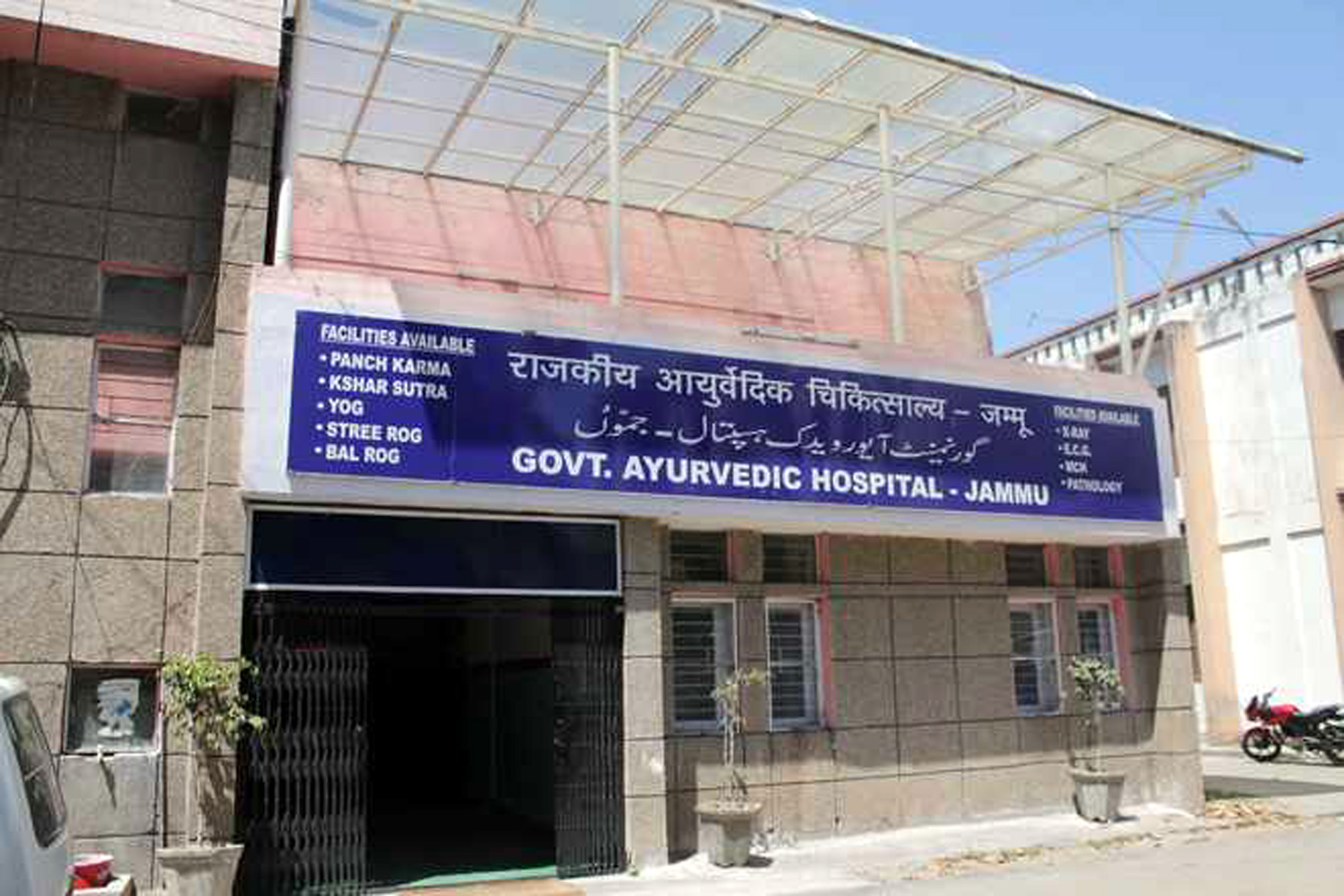The Government Ayurvedic Medical College (GAMC) in Jammu is at risk of losing permission to admit 50 students for the BAMS UG course in the academic session 2023-24. A team from the Medical Assessment and Rating Board (MARB) for the Indian System of Medicine visited the college and identified numerous deficiencies in staff and infrastructure during their assessment. Indeed, the shortcomings identified by the inspection team are of significant concern, as they not only impact the quality of education but also the standard of treatment provided to patients. The inability of the administration to find a suitable Ayush doctor to occupy the Principal’s position is a serious issue. An allopathic doctor may not possess the necessary knowledge, understanding, and experience in terms of Ayurvedic treatment and the specific requirements of an Ayurvedic hospital. The absence of a full-time Principal and Medical Superintendent, as well as the vacancy for a Deputy Medical Superintendent, are significant lapses that can have a detrimental impact on the smooth functioning of the college and hospital. The substantial shortage of essential books in the library is also unacceptable, as access to proper reference material is crucial for academic and research purposes.
One of the fundamental requirements of Ayurveda is a diverse range of herbs and herbal plants, which are essential for treatment and practical learning. The shortage of these resources, as indicated in the inspection reports, is deeply concerning. Moreover, in today’s digital age, the absence of a proper college website is surprising and inconceivable. A well-designed and informative website plays a crucial role in disseminating information, promoting the college, and facilitating communication with students and the public. The lack of a demonstration room and other structural deficiencies further highlight the serious shortcomings within the college. These are basic requirements that should be met by any degree college, let alone a medical college. The delay in finalising the posts of Medical Officers for almost two years is another matter of serious concern. Given that the whole world is increasingly looking towards alternative systems of medicine and India is a pioneer in Ayurvedic medicine, it is indeed perplexing why the necessary actions are not being taken seriously.
The appointment of a full-fledged Director and associated staff indicates that the Government recognises the importance of the institution and its role in promoting Ayurveda. However, if any bottlenecks or obstacles are hindering the finalisation of the posts, they should be identified and addressed immediately. It is unacceptable that the authorities have not taken the deficiencies and warnings pointed out by the inspection team seriously and have not appeared before the designated Hearing Committee. The repeated highlighting of these issues by the inspection team should have served as a wake-up call for the administration to take immediate and effective action. It is contradictory that on the one hand, the administration is striving to streamline services and make them more accessible to the public, while on the other hand, those responsible for overseeing the Department of AYUSH and GAMC are showing a lack of urgency and concern for the critical situation the college is facing. The fact that GAMC Jammu is on the verge of losing even conditional admissions is a severe consequence that should not be taken lightly. The authorities, particularly those at the helm of the Department of AYUSH and GAMC, need to realise the gravity of the situation and take immediate action to rectify the deficiencies and address the concerns raised by the inspection team. It is crucial to ensure the smooth functioning of the institution and maintain the standards necessary to provide quality education and healthcare services in Ayurveda. Time is of the essence, and the administration needs to act swiftly now. It is crucial for the reputation of the institution and the overall development of Ayurveda as a healthcare system.
Trending Now
E-Paper


